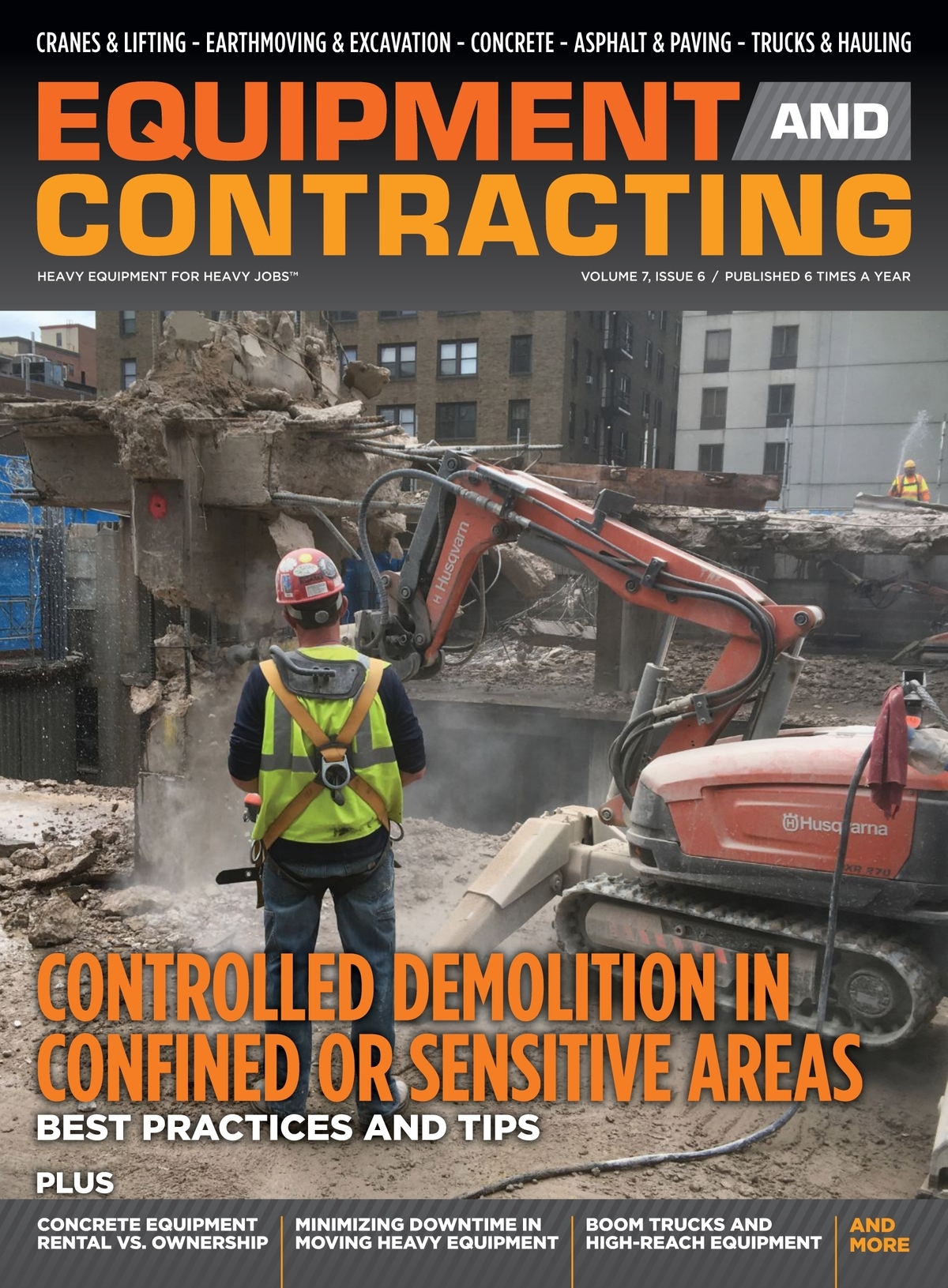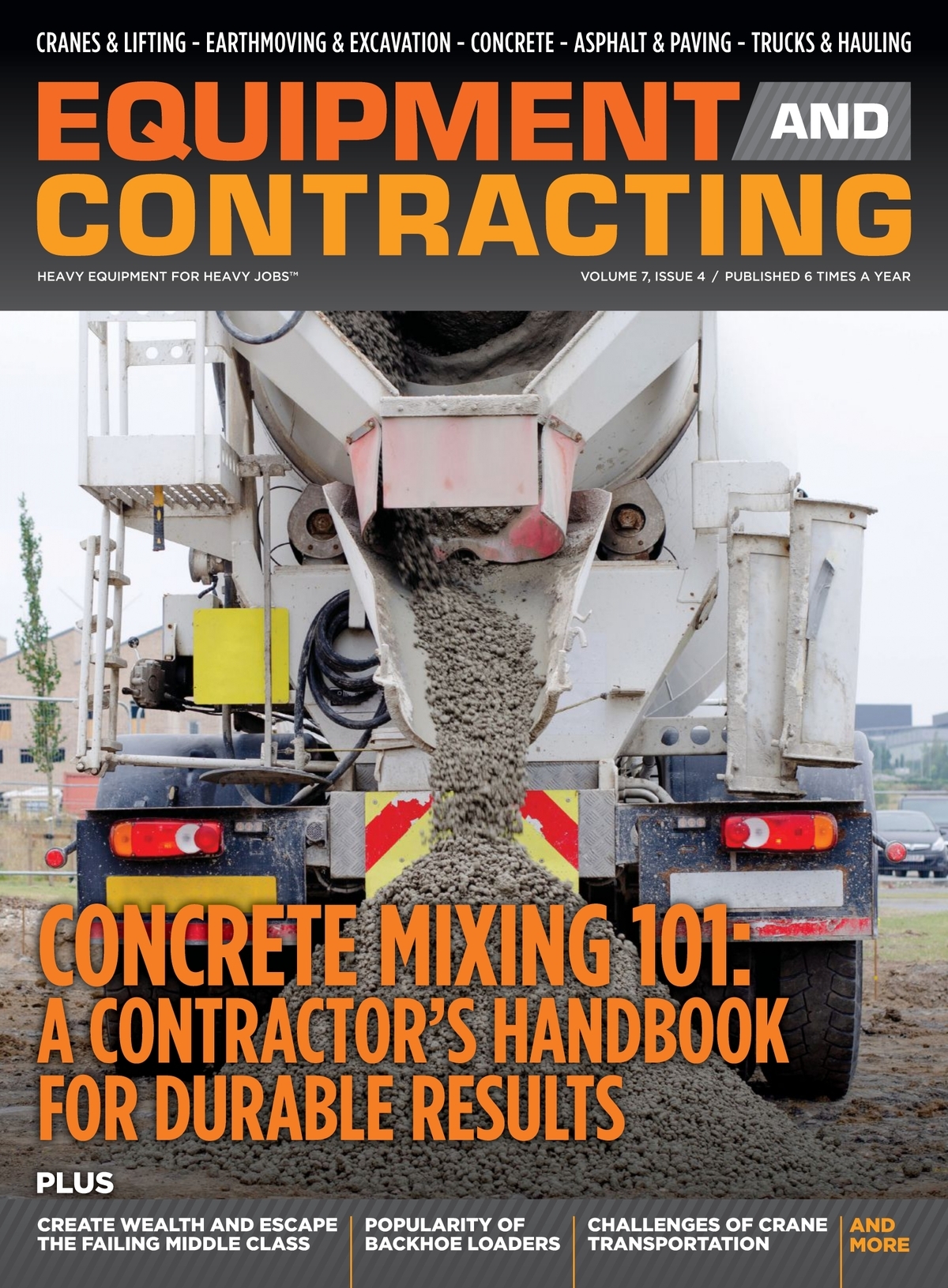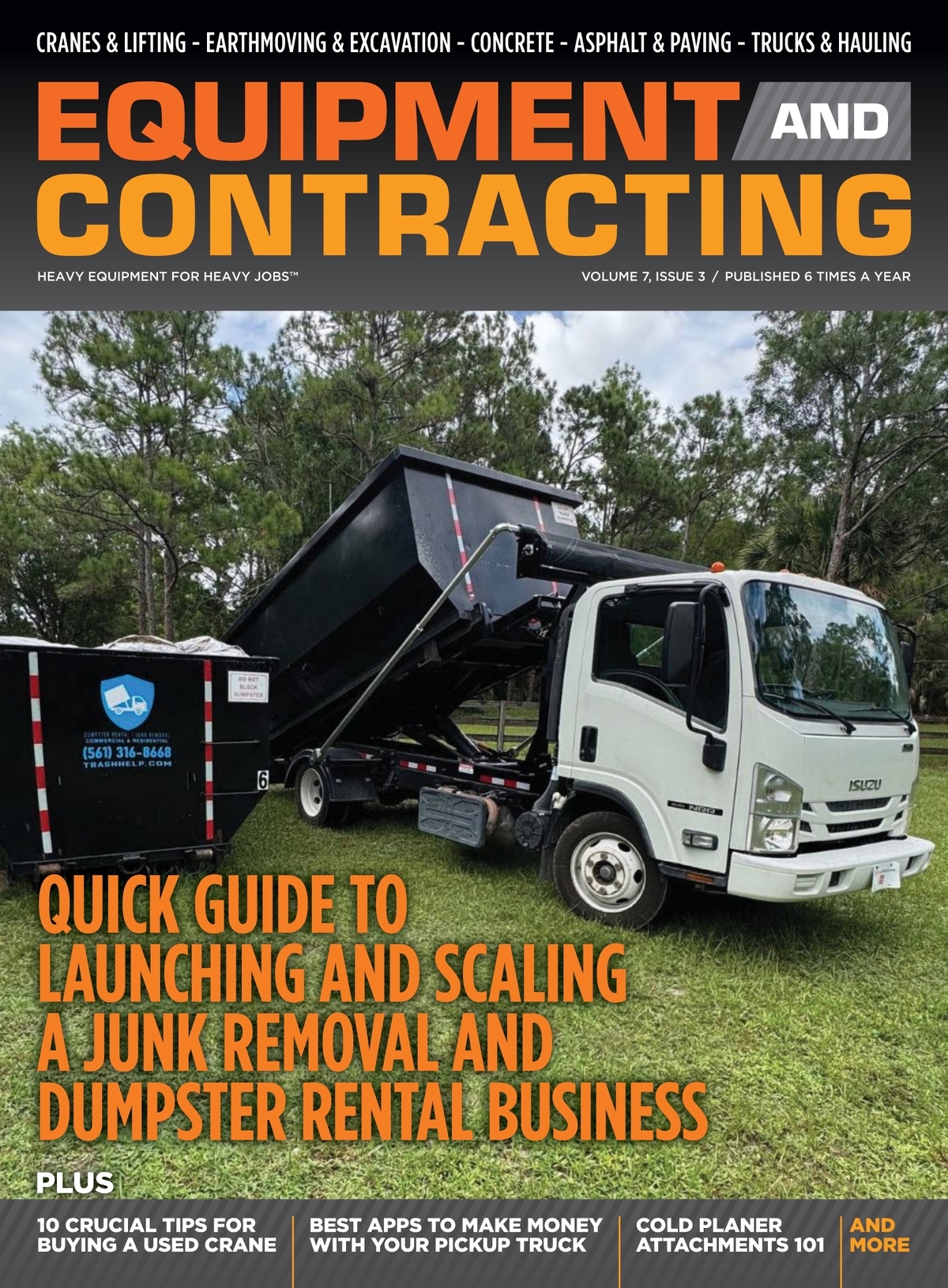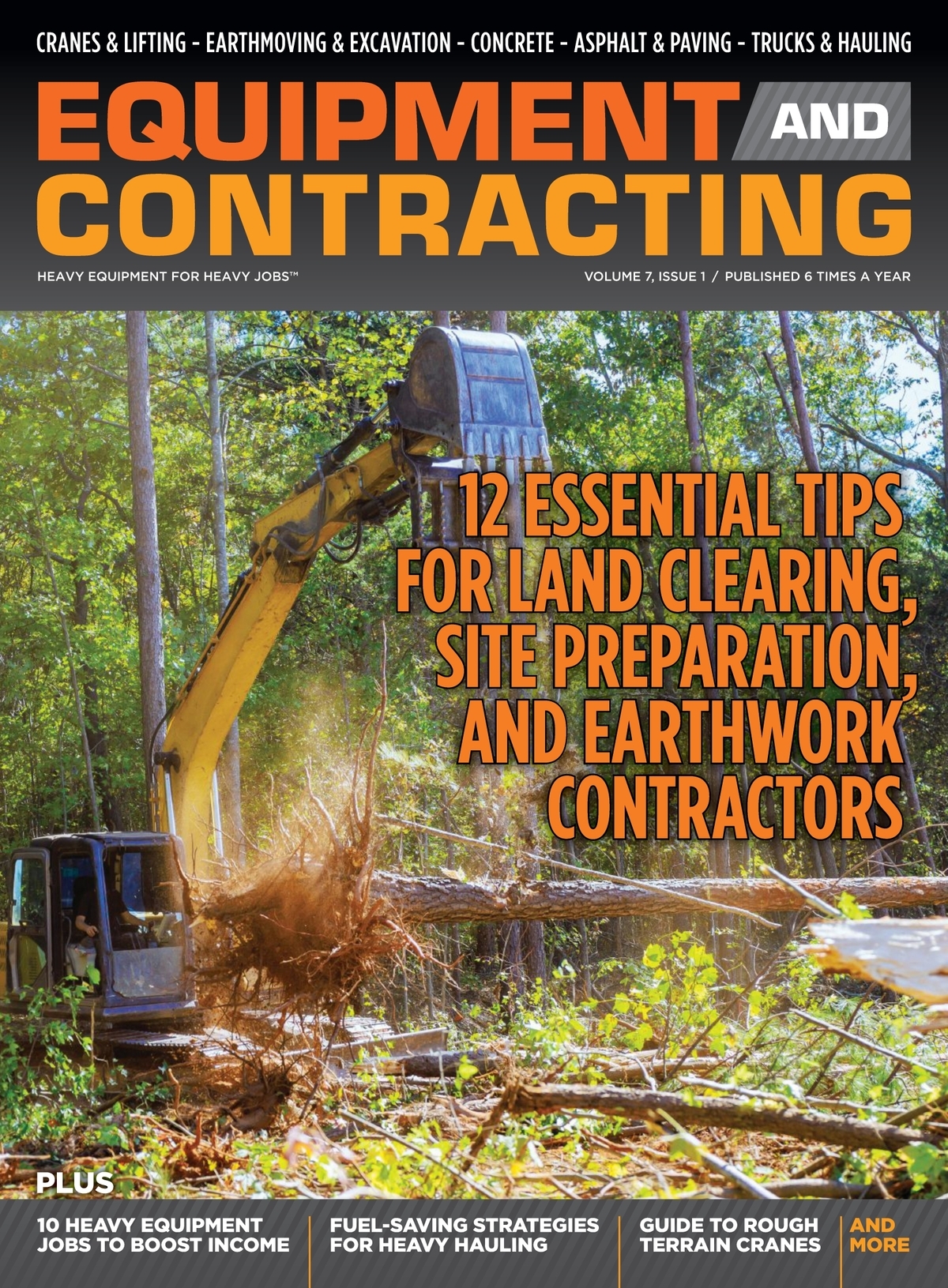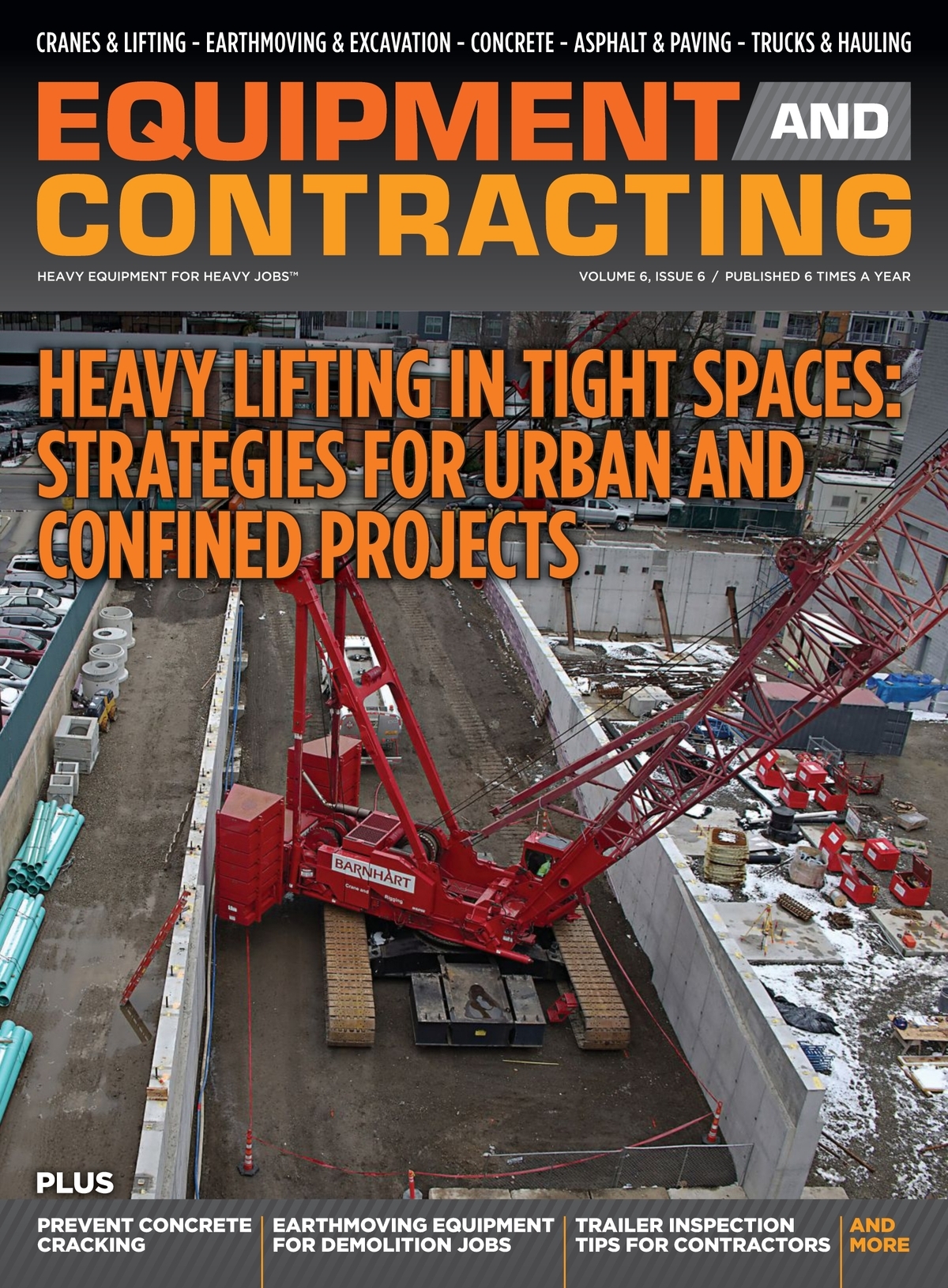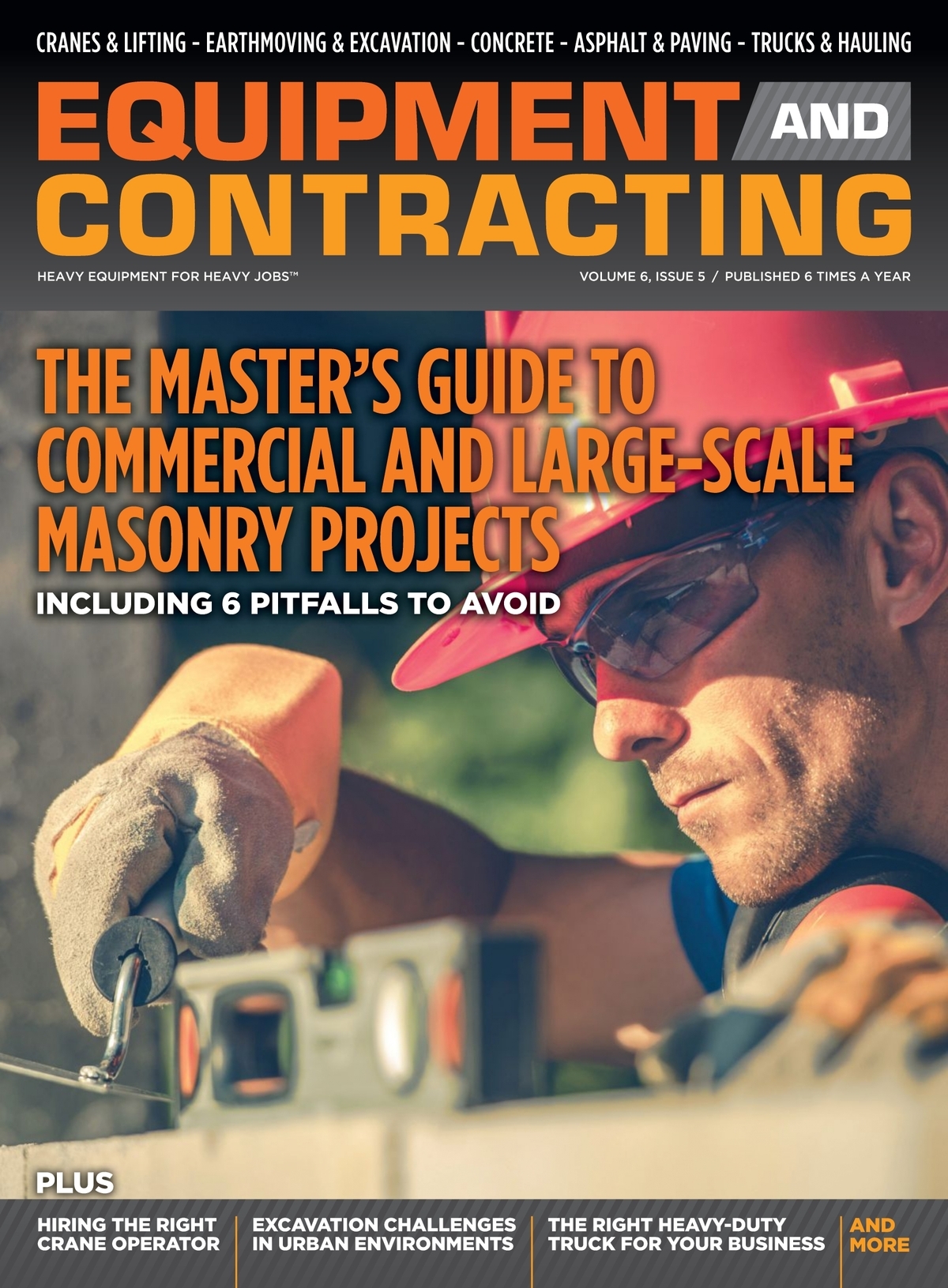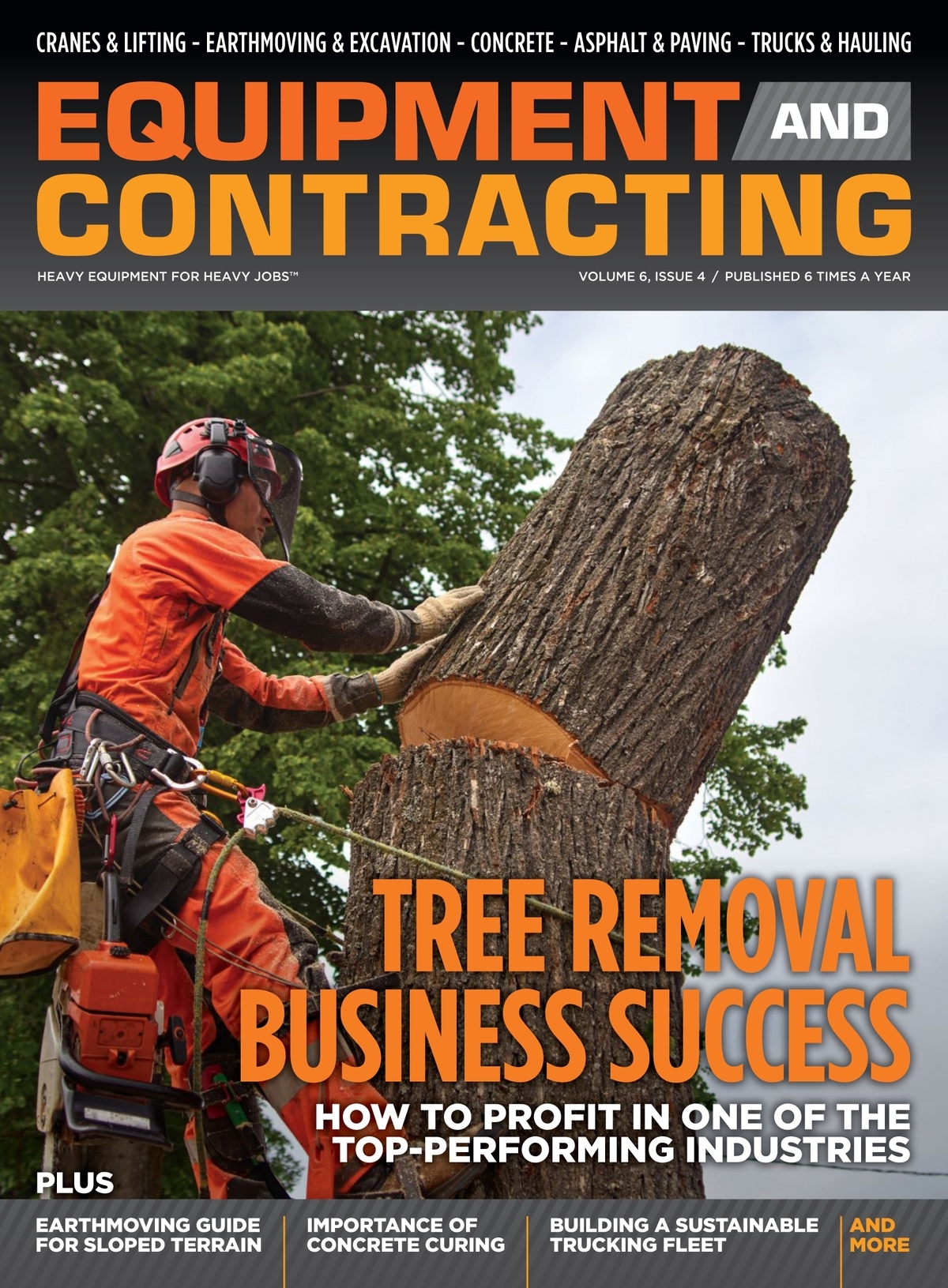
There are many different reasons why you may need financing for your construction company. Perhaps to buy more equipment or purchase building materials. You may need financing for an entire construction project. Or you may be hitting a cash flow problem and need to pay your office staff. In this article we’ll discuss ways you can obtain financing for your construction business.
Your Company’s Needs
There are many types and sizes of construction companies. The financing needs of a small asphalt sealcoating business is likely to be different from a large general contracting business. You must first assess why you believe you need financing. It’s possible that reducing costs may help stem the tide. Or more aggressively pursuing your outstanding invoices can solve your cashflow problem. Once you determine that financing is best in your situation, you’ll want to select the right type of financing at the best terms possible.
Financing Options
Here are 14 different types of financing available to construction businesses:
Accounts Receivable Financing
Those invoices you sent out – accounts receivable – are an asset you can borrow against. It’s a way of getting cash fairly quickly – although it may cost more than other types of credit. Typically, you can borrow at least 80% of the value of your outstanding invoices. The loan is based on the likelihood that you will get paid and how long it will take. That means the lender is more interested in your customers’ credit than yours. There is usually a minimum number of years in business and annual revenue that you must meet to qualify.
Business Credit Card
Applying for a business credit card is similar to applying for a personal credit card. In fact, creditors will look at your personal credit score, along with how much money your construction business brings in. You will need to sign a personal guarantee. If you charge up $10K in construction equipment and the business is unable to pay – the creditor can go after you personally. Shop around for the lowest interest rate and annual fee.

Business Line of Credit
A business line of credit is similar to a business credit card, but usually with better terms. (But not always.) The amount of credit available to you is based on the lender’s value and risk assessment of you personally and of your construction business. It’s like having a checking account – you can write checks and the amount will go against your line of credit. You are charged interest on the amount – and when you pay it back, it increases the amount of credit you can access. Again, very similar to a credit card, but the application process, fees, payment terms, and interest rate are usually different.
Business Term Loan
With a business term loan you borrow a lump sum for a specified period at a fixed interest rate. These are typically short-term loans of 1-5 years. They are harder to qualify for as compared to a business credit card. Payment is usually monthly. Prepayment penalties typically apply. (Meaning if you pay the loan off early, they will charge a fee.) Be ready to present business financials and personal tax returns.
Commercial Mortgage
With a commercial mortgage you borrow against the value of your commercial property. This could be a shopping center, warehouse, manufacturing building, etc. The approval process and amount of the loan is based in part on the current market value of the property, your construction businesses’ finances, and in some cases, your personal credit history. Interest rates tend to be lower with a commercial mortgage as compared to other types of financing. Obviously, if you don’t pay, the lender can seize the commercial property you used as collateral.
Construction Loans
A construction loan can provide the funding needed to, for example, buy a piece of land and build a custom home. It can be a lump sum or monies can be dispensed by the lender on a draw schedule. This means that funding is released after pre-defined stages of the project are completed and inspected. Typically, at least a 20% down payment is required. This is best for builders with solid credit and proven construction project history.
Equipment Financing
If you need cash to buy equipment, it makes sense to finance the equipment you buy. In fact, it can turn out to cost less overall to finance new equipment. Loans for used equipment usually have a higher interest rate. Equipment dealers may offer better incentives for buying new equipment in addition to lower interest rates.
Equipment Leasing
There are advantages to leasing equipment instead of buying it. You can choose to buy the equipment at the end of the lease term or just return it. There may be tax advantages to leasing over buying (ask your accountant). Compare the cost of leasing over renting equipment. Especially if you’re not sure how often you will actually use it. Remember you have to store unused equipment somewhere.

Equipment Collateral Loans
You can buy more equipment by borrowing against the value of the equipment you own. Obviously, if you don’t repay the loan, the lender can seize the equipment you pledged. Most lenders require you to use the money to buy equipment. However, there are some lenders who allow you to use the money to cover payroll or other business-related expenses.
Investors
You can raise cash by offering a percentage of your business to investors. Some investors are “silent” – meaning they provide funding, but nothing else. Others want to have a say in how you run your business. Any deals you make should be in writing and carefully reviewed by your own lawyer. Of course, you can also approach friends and family. The “Bank of Mom or Dad” may loan you money on some very favorable terms. So be nice to them.
Invoice Factoring
Invoice factoring, like accounts receivable loans, are based on the value of your outstanding invoices. However, you are actually selling your invoices at a discount. Let’s say you have $100K in outstanding invoices. A company may buy them for $80K. Like an accounts receivable loan, the qualification process is based on the credit worthiness of your customers.
Merchant Cash Advance
With a merchant cash advance you are selling a percentage of future sales in exchange for a lump sum of cash. The “buyer” directly takes the funds from your business bank account or credit card processing. You will also pay additional fees. Warning: the merchant cash advance business is unregulated. Be very careful before proceeding with this type of financing. A small loan can turn into a big hole that you cannot dig yourself out of. If you are in such dire financial circumstances, perhaps you should consider another line of work.
Purchase Order Financing
Purchase order financing is a way to finance materials for your project without having to charge up your business credit card. Your supplier provides a quote and purchase order for the materials. After approval, the financing company pays the supplier directly. When the project is completed, the financing company purchases the invoice from you, less the amount of the purchase order. They then collect the money from your customer, deduct any fees, and send you the remaining cash. It can take at least a couple of weeks for approval. And, if your customer has a negative experience with the financing company, it may reflect badly on your construction company.
View the complete article here.
What are the different types of financing options available for construction businesses?
Construction businesses can explore various financing options, including accounts receivable financing, business credit cards, business term loans, commercial mortgages, construction loans, equipment financing, leasing, collateral loans, investor funding, invoice factoring, merchant cash advances, and purchase order financing.
How does purchase order financing work for construction projects, and what are the key benefits?
Purchase order financing allows construction businesses to fund materials without using credit cards. The financing company pays the supplier directly, purchases the invoice after project completion, and collects funds from the customer, offering an alternative to business credit cards with potential advantages.

